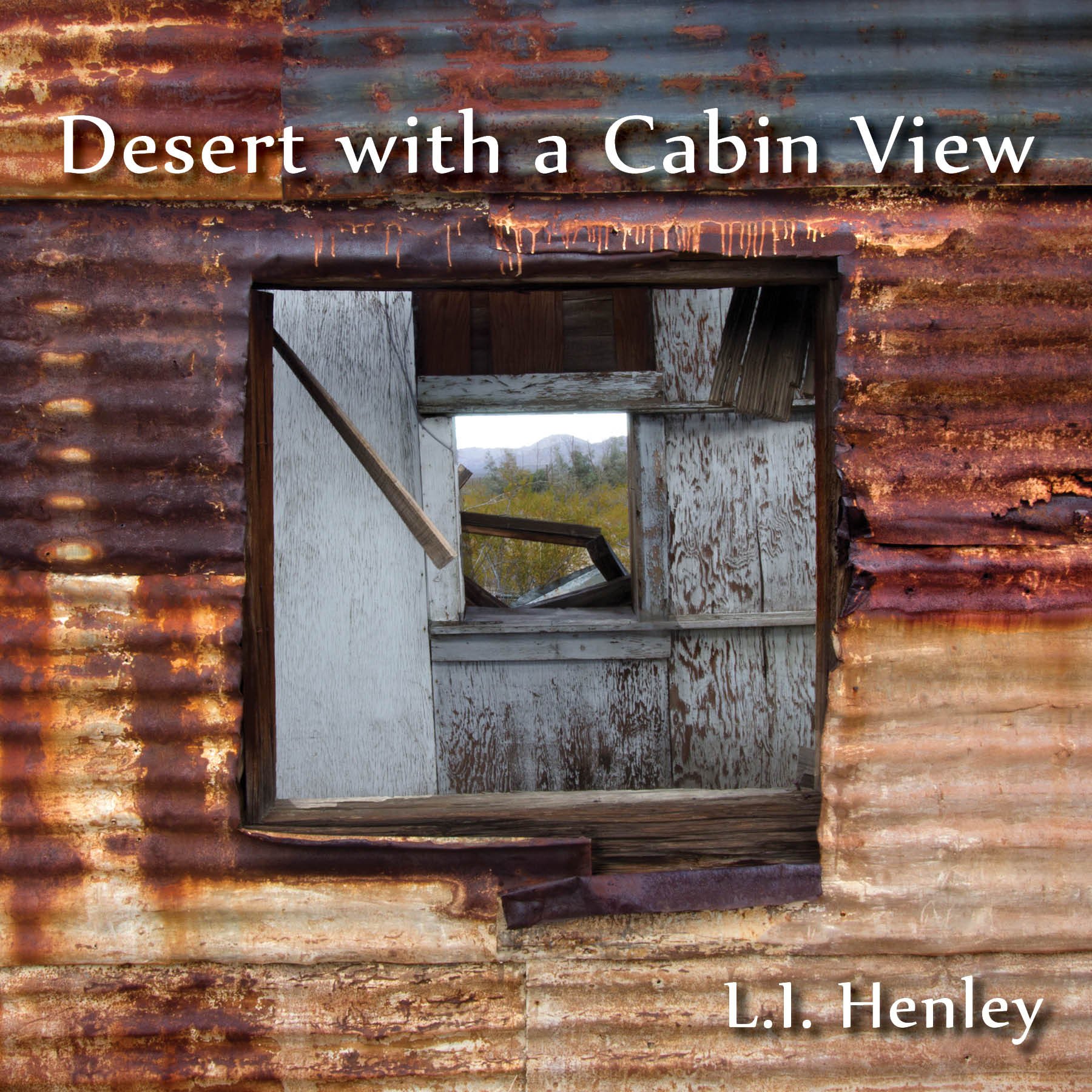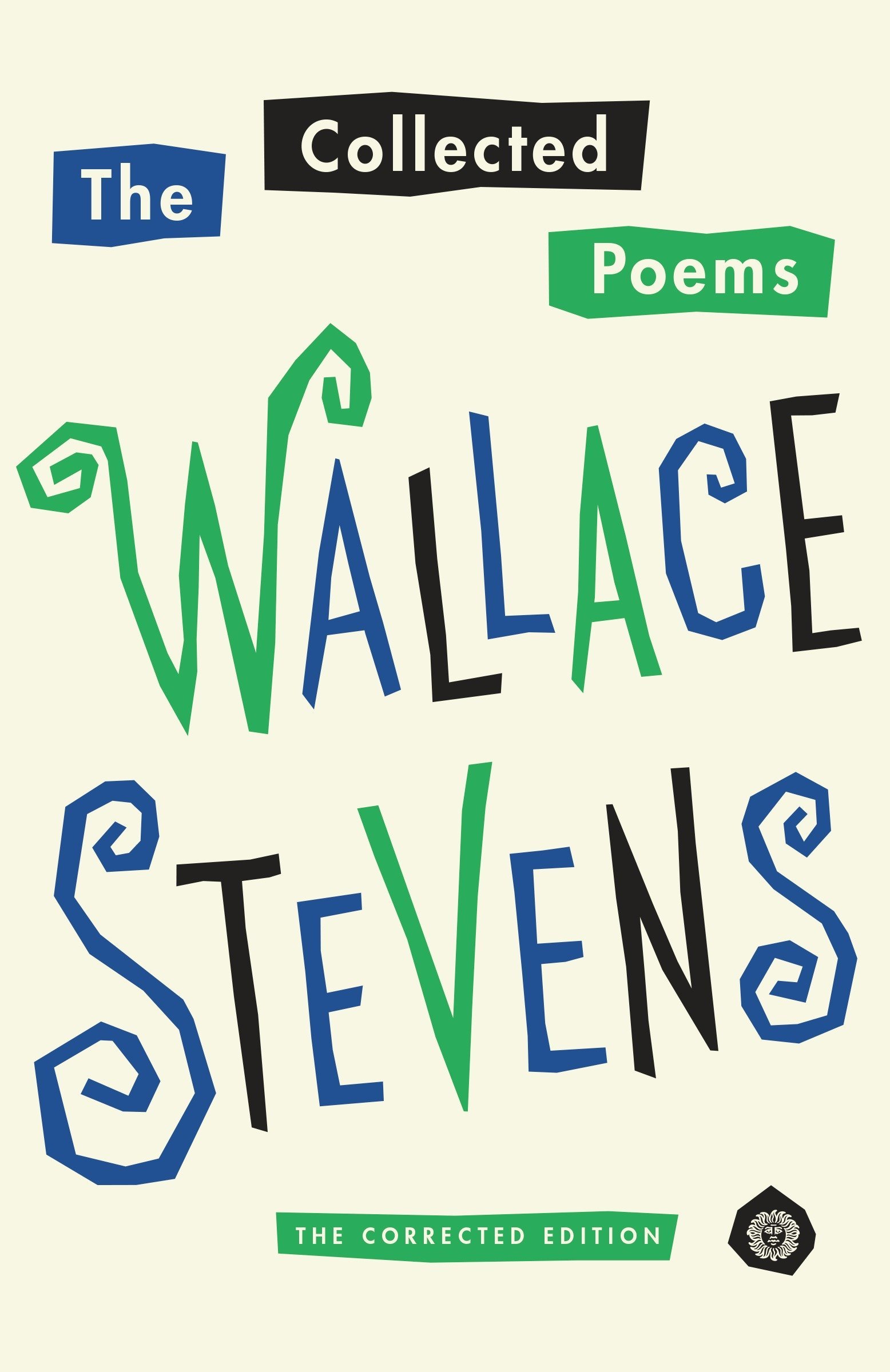(112
pages, Chronicle books)
John Lithgow’s acting credits
range from his comedic alien in Third
Rock from the Sun to his chilling role as a serial killer in Dexter. Recently he provided a much-lauded portrayal of Winston Churchill. Lithgow is an accomplished
choreographer, Shakespearian actor, illustrator, and author of a half-dozen
children’s books. Given his eclecticism,
I was delighted to discover that his latest publication, Dumpty: the Age of Trump in Verse, displays the full range of
Lithgow’s playful, cerebral, and furious genius. While his verses are not Shakespearean, his
gibes are wont to set the table on a roar. His anger is palpable, his wit
eviscerates, and his punch lines pack a wallop.
All of the book’s thirty-three
verses are accompanied by his own illustrations, each one stylistically well-rendered, and each verse followed by brief background notes. The whimsical
nature of the verses and drawings highlight Lithgow’s catalog of presidential
outrages, faux pas, tweets, political appointments, nepotism, and behavior on
the world’s stage. While Lithgow’s takedowns will likely find a happy resonance
with the President’s detractors, the clever nature of the verses may be enjoyed
as well by Trump’s more urbane supporters. This is, after all, a funny and
informative tome.
The book opens with a short
introduction by the author where Lithgow acknowledges that he penned the book
for “people who oppose the president” in the hope that it would provide a brief
respect from “their chronic depression.” But soon thereafter he addresses
“Friends of Dumpty” or “FODs” directly:
“In your eyes,
Dumpty’s bullying is courage,
his bigotry is patriotism, his vulgarity is authenticity,
his cruelty is unbridled fun.
Your
support for him springs from sheer infatuations,
it’s
incomprehensible to everyone else.
It’s certainly incomprehensible to me.”
The book begins on a
lighthearted note with fifteen ABAB stanzas describing “The President’s
Pageant,” a thumbnail consideration of the women in his life.
“‘For starters,
Ivanka’s superior air
Can’t obscure
her demure sensuality.
And Tiffany, too
(though she hasn’t a prayer),
Is a lock for
Miss Congeniality
‘Picture Hicks
in the spotlight! A radiant vision!
That body, that
hair, and those eyes.
And Hope would
mop up in the Talent Division
With her skill
at inventing lies.”
Naturally,
due regard is given to Kellyanne Conway and, um, Stephanie Clifford (known
professionally as Stormy Daniels). In fact, very few in the president’s circle
are spared from Lithgow’s pointed quill. In a Gilbert and Sullivan parody, retired
U.S. Army lieutenant general Michael Flynn, Trump’s national security advisor (January
to February 2017)who pleaded guilty to lying to the FBI, is versified in the
first-person, “I am the very model of an ex-lieutenant general. / Although my
reputation is decidedly ephemeral.” Then with a nod to Rodgers and Hammerstein
and a sketch of the president dancing in a field of flowers, the poem “My
Favorite Lies” concludes, “When The Times
bites, / When The Post stings, / When
I’m feeling sad, / I simply remember my favorite lies / And then I don’t feel
so bad.” The list of prevarications that precede the eventual conclusion of the
verse offers a trip down memory lane, atrocities enumerated within a musical
refrain – and this is the real power behind Lithgow’s book, its good humor
incased tales of woe.
One verse likens President
Trump’s administration to a reality show and describes Rick Perry performing on
“Dancing with the Stars,” and a mockery of Scaramouche sets a high bar for
vocabulary and rhyme, “The Italians created a classic buffoon / Who was
cowardly, boastful, and louche, / That slippery scamp Scaramouche!” As one might suspect, the President’s legal
representatives, “Cobb, Dowd, diGenova, Kasowitz & Cohen” are replaced when
“a new gang stepped up, dressed in rumpled Armani: / Giuliani, Giuliani,
Giuliani & Giuliani.” Another verse skewers Stephen Miller in a style
fashioned after William Hughes Mearns, “A Dumpty aide from opening day, / I
wish, I wish he’d go away.” My personal favorite is “All at Sea” in the style
of John Masefield, and its accompanying note. “With no experience as a public
school student, teacher, principal, superintendent, or administrator, Betsy
Devos assumed office as the secretary of education on February 7, 2017.” The
first stanza:
“I must go down to the seas again
To
the lonely sea and sun.
I’ve got a flotilla of ten big yachts
And I’ll pick my favorite one.
I’ll lie on the deck all slathered in oil,
Sipping a frosty libation,
And think of all of the things I can do
To
privatize education.”
The
list of the lampooned includes Duncan Hunter and wife, Paul Manafort, Wilbur
Ross, and Bret Kavanaugh (“Of all the fine judges that POTUS could choose / To
sit in the company of Charles Evans Huges”). But most darkly, Lithgow goes
after “Jared and Mohammed.” “Inside the Saudi consulate, / The poor entrapped
Jamal / Was strangled and dismembered by / The prince’s cruel cabal.” The poem
alleges that the crown prince of Saudi Arabia, Mohammed Bin Salman, and Trump’s
son-in-law and senior advisor, Jared Kushner, are heirs to their respective
thrones who conspired in the murder of journalist Jamal Khashoggi. Clearly,
there are times when Lithgow’s playfulness seethes with disdain for the object
of his versification.
Then there are less weighty
mockeries of Sean Hannity and various FOX network pundits, and time is given to
Roger Stone, Alexander Acosta, Andrew Puzder, and Jeffrey Epstein, among others.
On the international stage,
“Seven Days in November” follows the flipping of the house, headlines involving
Robert Mueller and William Barr and examines the president’s escape to France where
he failed to show for the centennial celebration of the end of the Great War
because “[a] prediction of rainfall gave Dumpty a scare. / He feared its
unsightly effect on his hair.” The poem describes his relative isolation among
world leaders, but focuses on one redeeming moment. “But Dumpty lit up like a
bright chandelier! / His friend had arrived! The beloved Vladimir!” Of note is that while the book gives others on the world
stage their due, to Lithgow’s credit they are accompanied by other relevant
names. Kim Jong-Un is accompanied by Otto Warmbier, the student who while in
North Korean custody suffered a brain injury and shortly thereafter died.
Supreme Court Justice Kavanaugh is accompanied by Christine Blasey Ford, and
Trump’s alleged trysts are enumerated as well.
While Dumpty is an enlivening read, John
Lithgow has an audible edition available, read by the author and accompanied by
amusing sound effects, whoopee cushions, cash registers, and little inserts of music.
There is a friendly and familiar quality to the reading, the perfect companion
for a road trip or as a substitute for cable news.
Whether in print or in earbuds,
John Lithgow’s Dumpty is amusing, informative, and clever. It offers a concise and
unsparing review of President Trump’s first three years in office, and,
clearly, the author is doing what he can to lessen the likelihood of a second
term. Dumpty has arrived in time to enliven the Thanksgiving table, accompany
the impeachment hearings, and serve as a guiding star during the winter
solstice.

_Thanksgiving_Dinner.jpg/250px-Our_(Almost_Traditional)_Thanksgiving_Dinner.jpg)
















